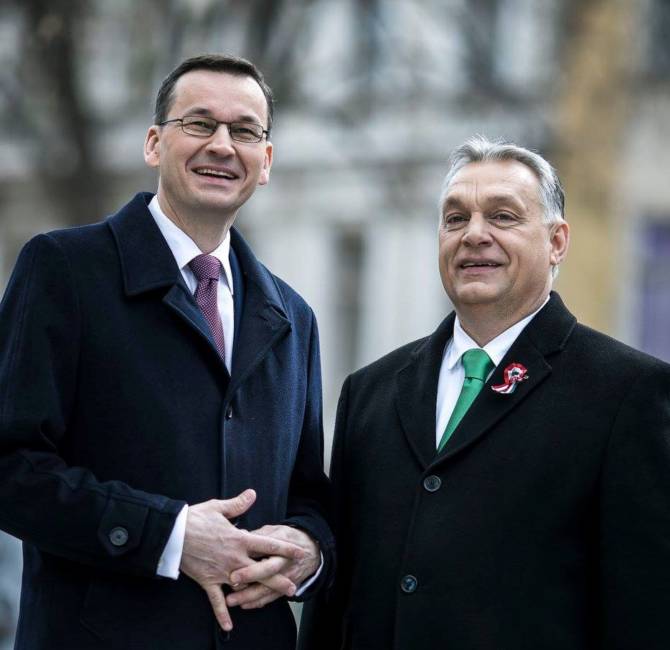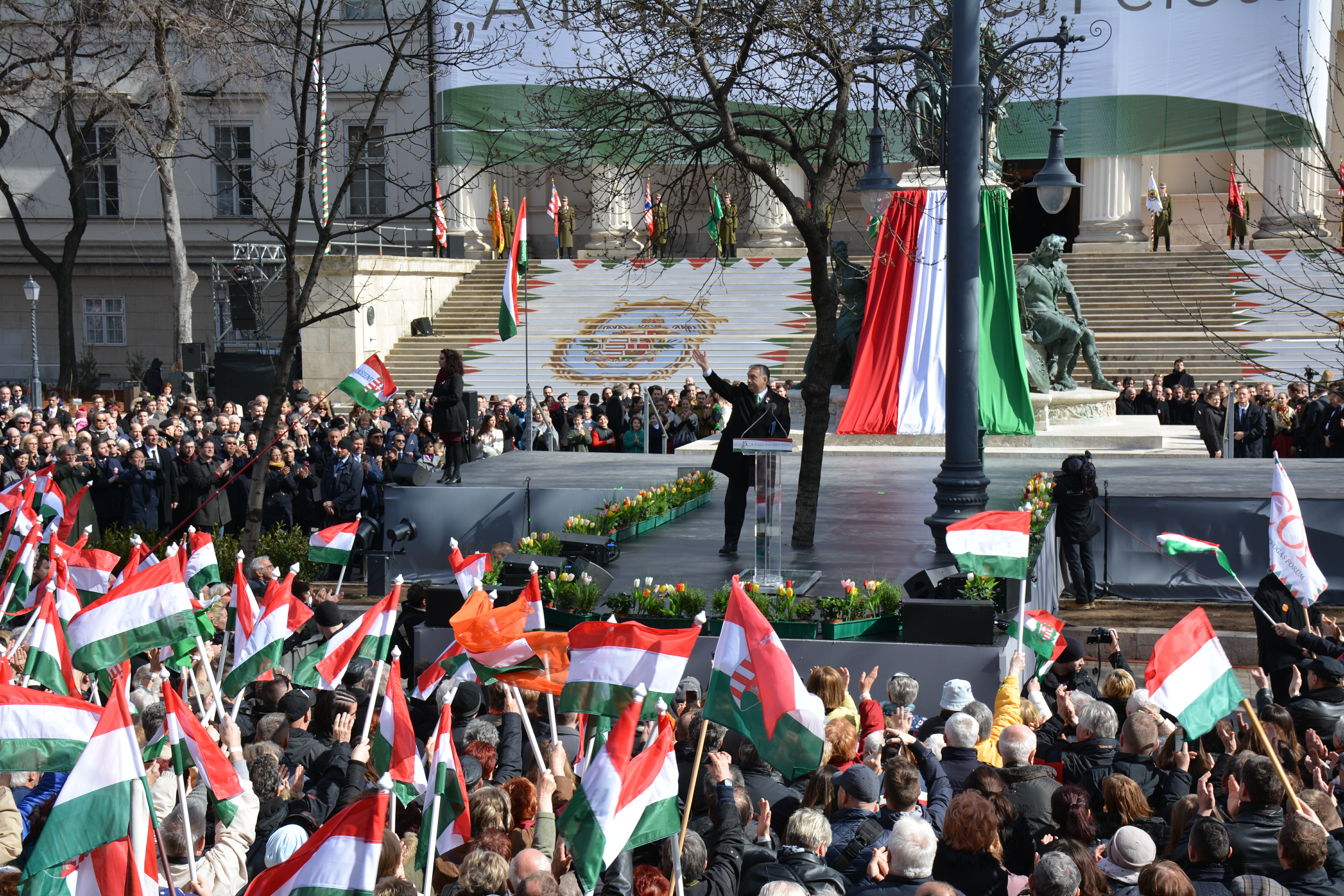By Olivier Bault.
Poland – The Law and Justice party (PiS) which came to power in Poland with the elections of 2015 has always seemed more attached to transatlantic ties than to further EU integration. At the NATO summit in Warsaw in July 2016, the government of Beata Szydło was able to obtain the rotational presence on Polish territory of a US Army armoured brigade (approximately 4500 troops) as well as a plurinational NATO battalion (approximately 1000 troops), even if these units are regularly deployed for exercises in other countries on the eastern flank of the Atlantic Alliance. Considering that the main threat to Poland comes from Russia, with its significant military deployments near the eastern borders of Poland and the Baltic countries as well as in the enclave of Kaliningrad, the governments of Beata Szydło and Mateusz Morawiecki have also signed several large armament contracts with the US defence industry. At the end of May, Polish Defence Minister Mariusz Błaszczak announced that discussions had begun with Washington for the purchase of 32 fifth-generation F-35 fighter jets. In the field of energy, too, Warsaw has signed several long-term contracts since 2015 for the delivery of American liquefied natural gas to its terminal at Świnoujście on the Baltic coast, to replace Russian gas. On a visit to the United States, Polish President Andrzej Duda met his American counterpart Donald Trump on June 12. During their joint press conference, the two presidents confirmed the perpetuation and the strengthening of the American military presence in Poland with a thousand additional troops.
However, there is a shadow over this apparently idyllic relationship between Donald Trump’s America and Jarosław Kaczyński’s Poland: the Jewish question. Since the Jewish-Israeli Polish conflict aroused by the amendment to the Polish memory law which was so widely commented on last year, tensions have recurred between Poland on the one hand, and Israel and American Jewish organisations on the other. Despite the withdrawal by Poland, under American pressure, of the amendment, which extended the scope of the prohibition of revisionist theses to include diminishing German responsibility for the Holocaust by stating that the Polish nation or the Polish State shared responsibility for the genocide of Jews during the Second World War, and despite the joint declaration of the Polish and Israeli PMs, these tensions are regularly fed by statements like that of the Israeli Foreign Minister, according to whom “Poles suckled anti-Semitism out of their mother’s breast”.
Following the conflict over the memory law, some commentators in Poland believe that the real reason behind the historical dispute lies in the desire of Israel and Jewish organisations to discredit Poland on the international scene in order to force it to pay compensation, as was done with Switzerland in the 1990s. The Israeli ambassador to Poland systematically dismisses any such suggestion as being anti-Semitic. However, American Jewish organisations do look like they are trying to obtain the payment of substantial sums from Poland in compensation for former Jewish property that was left without heirs because of the Holocaust, which saw the extermination of approximately 3 million Jews out of the 3.3 million who were citizens of the Polish Second Republic before the war. Thanks to the influence of the Jewish lobby in the US Congress, on May 9, 2018, President Trump signed the Justice for Uncompensated Survivors Today Act, or JUST Act 447. This new law “requires the Department of State to report to Congress assessing the national laws and enforceable policies of covered countries regarding the identification and return of, or restitution for, assets wrongfully seized or transferred during the Holocaust era, including the restitution of heirless property to assist needy Holocaust survivors”. Although the American ambassador to Poland has insisted that Washington has absolutely no intention of exerting pressure on Warsaw to give in to the demands of the American Jewish organisations, many in Poland fear that the excessive dependence on the United States in which PiS is in the process of placing their country will eventually force them to submit to the blackmail of those organisations, as Switzerland did. Worst of all for most Poles, this would also mean acknowledging the Jewish-Israeli historical narrative which makes Poland partly responsible for the Holocaust, in spite of its some three million non-Jewish casualties of the Second World War (including more than two million killed by the Germans and almost a million by the Soviets), in addition to its three million Jewish victims. In total, some 6 million out of the 35 million pre-war Polish citizens died in World War II, not to mention the huge material destruction the country suffered, with some cities, such as the capital Warsaw, being almost entirely destroyed.




